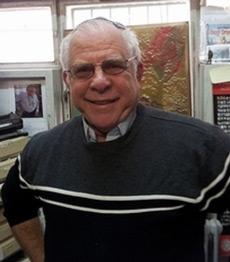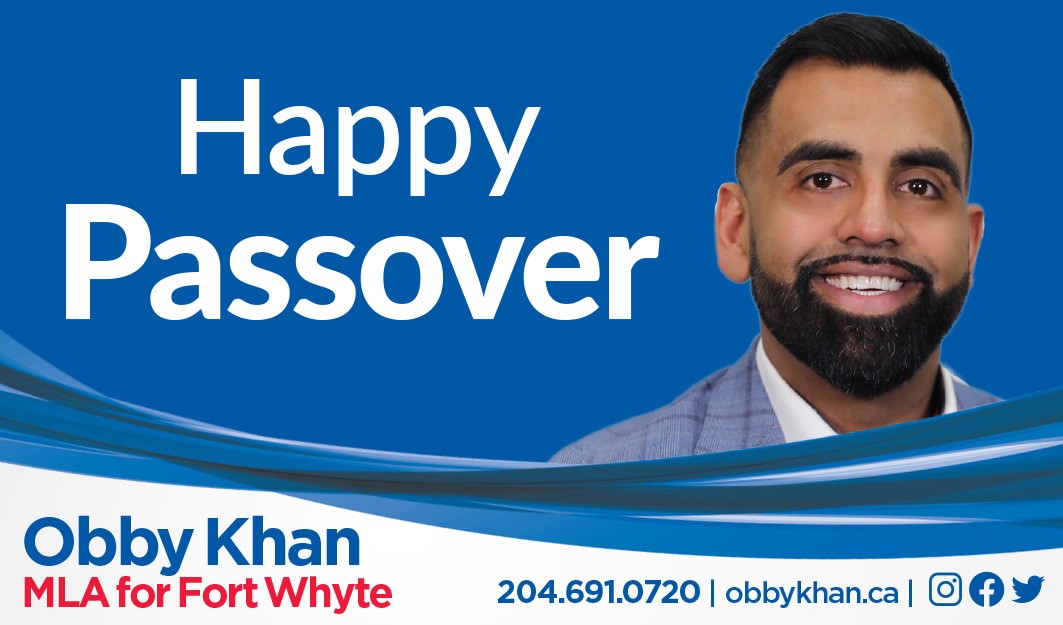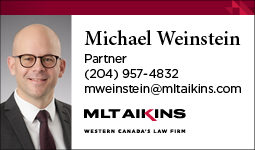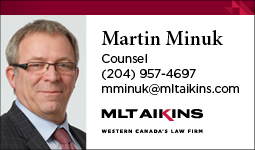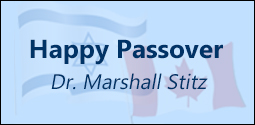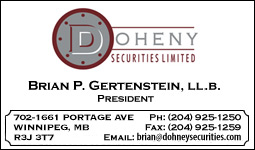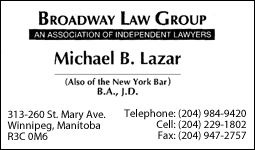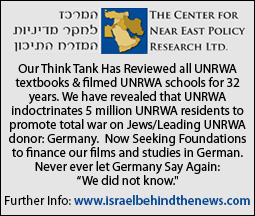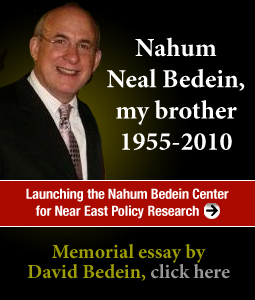When it comes to humanitarian aid to the Palestinian Authority, transparency does not exist.
The result has become a wealthy Palestinian elite that builds exclusive neighborhoods around Ramallah, leaving thousands of shoddily constructed apartments without services for the rest of Palestinian society.
Yasser Arafat set the tone for the P.A. when he arrived in Gaza in 1994. Arafat took control of every contract and investment, using donor money to build a secret $1 billion portfolio, including investments in Coca-Cola, a Tunisian cellular phone company and venture-capital funds in the United States and the Cayman Islands.
Arafat stole $1 billion in tax revenue relayed by Israel for Palestinian workers. The money went to Arafat’s personal account in Israel’s Bank Leumi in Tel Aviv. And a whopping $100,000 a month went to his wife, Suha, living in Paris. Arafat was estimated by U.S. investigators to be worth between $1 billion and $3 billion.
Within three years of the P.A.’s establishment, Palestinian auditors found that 40 percent of the P.A. budget ($326 million) was misappropriated—a figure that rose to $700 million a decade later.
Not one Western government objected. This set the tone for theft at all levels in the P.A.; officials paid themselves high salaries and skimmed from others.
Enter Mahmoud Abbas
Under Arafat’s successor, Mahmoud Abbas, nepotism reached every level of civil service. Officials often related to Abbas commanded salaries of $10,000 per month—more than 10 times that of ordinary civil servants—and opened secret accounts in Jordan with money received in bribes.
The difference between Abbas and Arafat? Instead of stealing from the P.A., Abbas employed his two sons, Tareq and Yasser, to set up businesses that dominate foreign investment, building a consortium called Falcon that took over Palestinian commerce.
Abbas has pumped at $890,000 into Falcon, with branches in Jordan and the United Arab Emirates, and a monopoly on sale of U.S. cigarettes.
Then there is Al Mashreq Insurance Co. operating 11 branches in the P.A. with a worth of $35 million, headed by Yasser Abbas.
In all, the wealth of Abbas’s sons is estimated at $300 million.
Mohammed Dahlan, the challenger to Abbas, asserts that Abbas received $1.4 billion from Arafat’s personal finances after the latter’s death in 2004. Dahlan asserts that Abbas concealed $600 million of this fund. Mohammed Rashid, economic adviser to Arafat reckons that Abbas’s embezzlement reaches $100 million.
Abbas and his elite picks
Abbas fosters his own elite, builds palaces and approves construction of closed communities for his supporters around Ramallah. One such community is known as the “Diplomatic Compound,” where Abbas approves construction of a shopping mall under his control.
In 2011, Abbas adviser Majdi Khaldi asked $4 million from Bahrain for that community. The P.A. ensured the feasibility of the project by transferring public land at 60 percent of its market value.
Khaldi approves the entry of P.A. officials, security commanders and members of Fatah to the “Diplomatic Compound.”
Abbas uses a multi-million-dollar palace under P.A. security control. Unauthorized visitors, particularly television crews, are threatened with arrest.
He involves loyalists in business deals, such as Mohammed Mustafa, former deputy prime minister in the P.A. until 2015 and now head of the Palestinian Investment Fund, the PIF, linked to Abbas, which holds 18 percent of Arab Palestinian Investment Corporation, APIC.
Abbas controls the PIF and chooses all of its directors.
By 2009, Mustafa was appointed chief executive officer of one of the two cellular-phone companies in the West Bank: Wataniya Mobile. PIF owns 34 percent of Wataniya’s shares.
Mustafa is allegedly involved in tax evasion and money-laundering, as documented in the Panama Papers. Yet Abbas grants Mustafa protection from prosecution.
In February 2016, Palestinian Legislative Council member Najat Abu Bakr demanded an investigation of Abbas’s Governance Minister Hussein Al Araj. Abbas threatened Abu Bakr with arrest; she fled to a PLC building for safe haven, and the matter was hushed up.
Abbas has also fought against corruption of his rivals, mainly Mohammed Dahlan, who often calls for Abbas’s resignation. A P.A. court sentenced Dahlan in absentia to three years in prison on charges of embezzling public funds in 2007.
However, in 2010, Dahlan and his wife were granted citizenship in Montenegro. Two years later, he served as liaison between Serbia and UAE Vice President Mohammed bin Zayed Al Nahyan, crown prince of Abu Dhabi. Not long after, Dahlan was also granted citizenship by Serbia, allowing him safe passage throughout Europe.
Abbas seeks a benign successor
Fortunes of Abbas and Dahlan have played a role in the succession battle for the Palestinian leadership. At 84, Abbas seeks to protect his sons’ economic empire. Abbas sought to groom P.A. chief negotiator Saeb Erekat as his successor, but was opposed by the PLO Executive Committee—a blow to Abbas, who rewarded loyalty in the Executive Committee, where members receive a stipend of $30,000 a month, in addition to a luxury car and VIP privileges.
Abbas has instead offered the mantle turned to a trusted aide: intelligence chief Majid Freij
The overall sentiment of Palestinians is that the P.A. is corrupt. Of 1,200 Palestinians polled, 95.5 percent (virtually everybody) agreed that there was rampant corruption in the Abbas regime.
An understanding West
Western governments confirm embezzlement of their aid to the P.A.
In 2013, the European Union determined that the P.A. mismanaged 2 billion euros between 2008 and 2012. The European Court of Auditors found that P.A. civil servants receive monthly salaries without reporting to work while tens of thousands of others actually working were not even paid. Brussels acknowledges that it does not press the P.A. to reform the civil service.
The U.S. State Department has done little better, continuing to withhold release of its reports of P.A. embezzlement.
U.S. aid has blindly provided the P.A. with more than $5 billion over the last 25 years. Washington has consistently paid P.A. debts to private companies, bypassing concern over Abbas’s fiscal responsibility and priorities.
Instead, U.S. taxpayers have ended up paying companies controlled by Abbas’s sons. Abbas’s Sky Advertising even won a contract from the United States to improve its image to the P.A.
From 2005-09, Tareq and Yasser Abbas received at least more than $2 million in contracts and subcontracts, most of them from US AID.
US AID will not release contracts to Abbas’s sons and has redacted key pieces of information, including executives and employees involved in the contracts.
Conclusion
Western donor humanitarian funds have one purpose: to act as a political resource for Abbas and his supporters.
The notion that humanitarian aid to the P.A. reaches the Palestinian Arab people has no basis in reality.
The first step for any effort to ameliorate this situation would be to ask for conditions for aid to the P.A., requiring accountability and transparency, as well as the right to protect Palestinian whistleblowers.
At this point, no one in the world advocates such a change in policy.
David Bedein is director of the Center for Near East Policy Research and founder of the Israel Resource News Agency in Jerusalem. He is also the author of “Genesis of the Palestinian Authority.”



























































